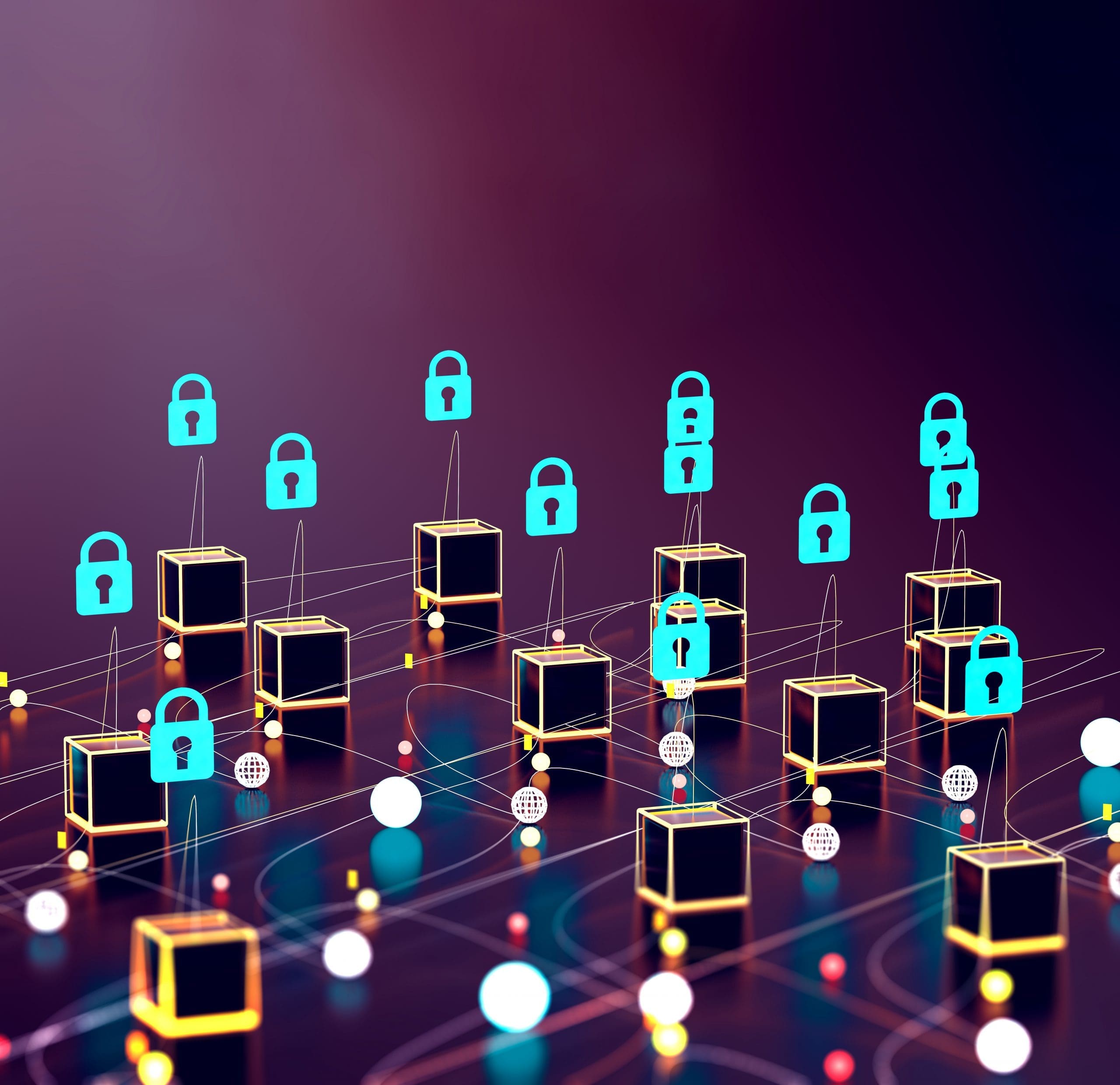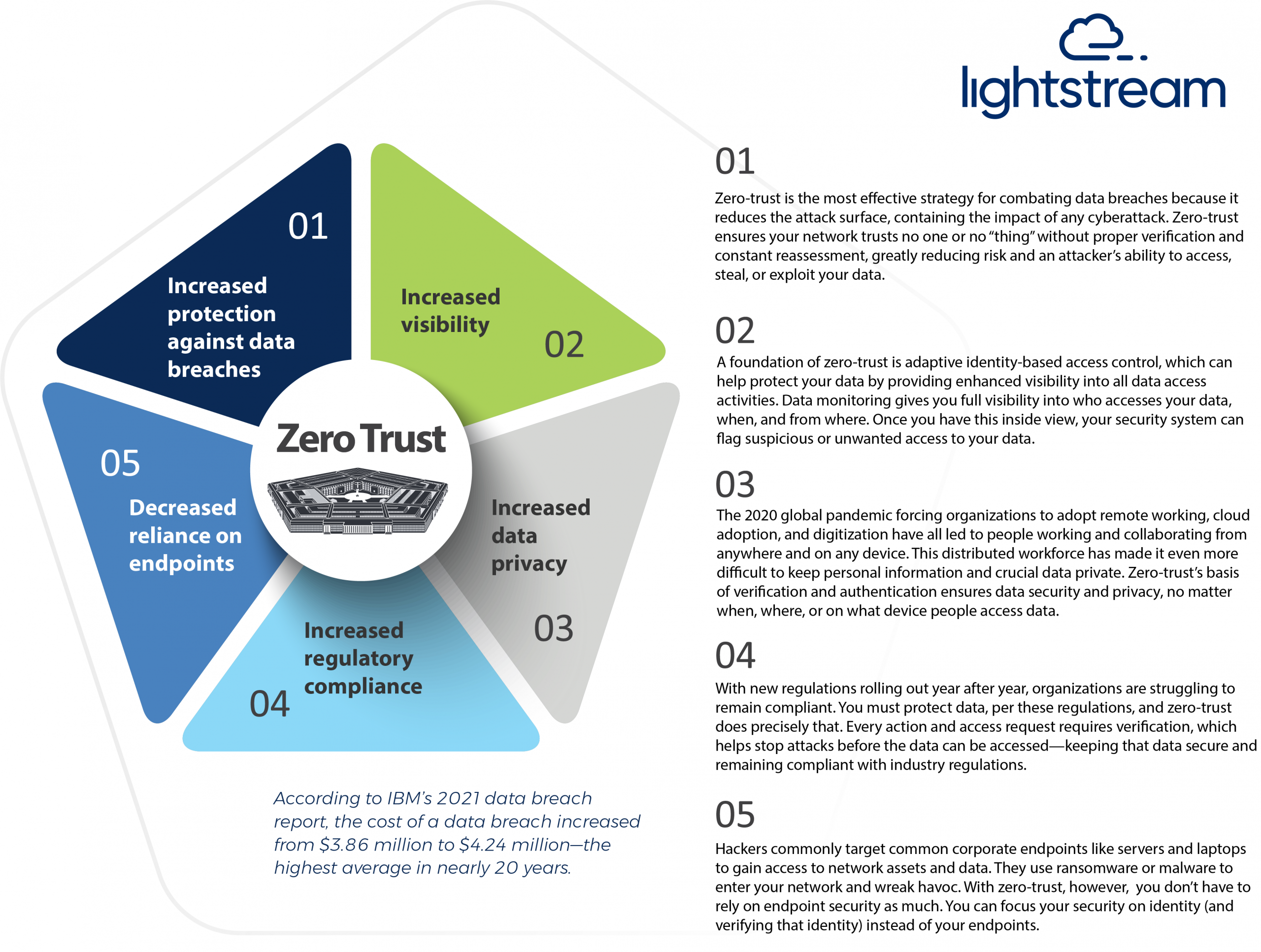Never trust, always verify
According to the World Economic Forum, zero trust is the way forward—and the US government agrees. “The zero trust model has been widely recognized as an effective approach to prevent data breaches,” which is why the Department of Defense is working to advance toward zero trust architectures. The Pentagon recently announced its intention to implement an enterprise-wide zero-trust framework by 2027, which comprises over 100 activities and pillars, including users, devices, data, networks, workloads, visibility, and orchestration.
Pentagon Chief Information Officer (CIO) John Sherman explained the decision to move toward a zero-trust implementation:
It doesn’t represent a defeat, it doesn’t mean that we’re not strong cyber defenders. But it recognizes that we live in a very sophisticated threat environment. We’ve got to defend differently. We can’t just defend at the perimeter.
The Pentagon is committed to transitioning network defenses to a zero-trust architecture in just a few short years for several reasons:
- Attackers are becoming more sophisticated and using advanced methods to steal sensitive data, attack the supply chain, and more
- The threat environment is ever-evolving and we need to adapt to ensure we build products to operate securely
- To establish baseline security standards
- An increased ability to detect malicious cyber activity
It’s a proactive approach to ensuring data security in the cloud and beyond. Zero-trust is good enough for the Department of Defense—and it’s good enough for you too. Let’s explore why.
Want to Learn More About Zero-Trust?
Whether you’re ahead of the game and have already started on your zero-trust journey or are looking for a provider to help you implement the zero-trust framework, Lightstream can help. We’re experts in all things cloud security and partner with zero-trust specialists to strategize, build, and implement zero-trust architectures.
We’re happy to answer any questions you have, but if you’re just getting started, review our articles on zero-trust:
Ready to get started? Contact us today for a consultation.



